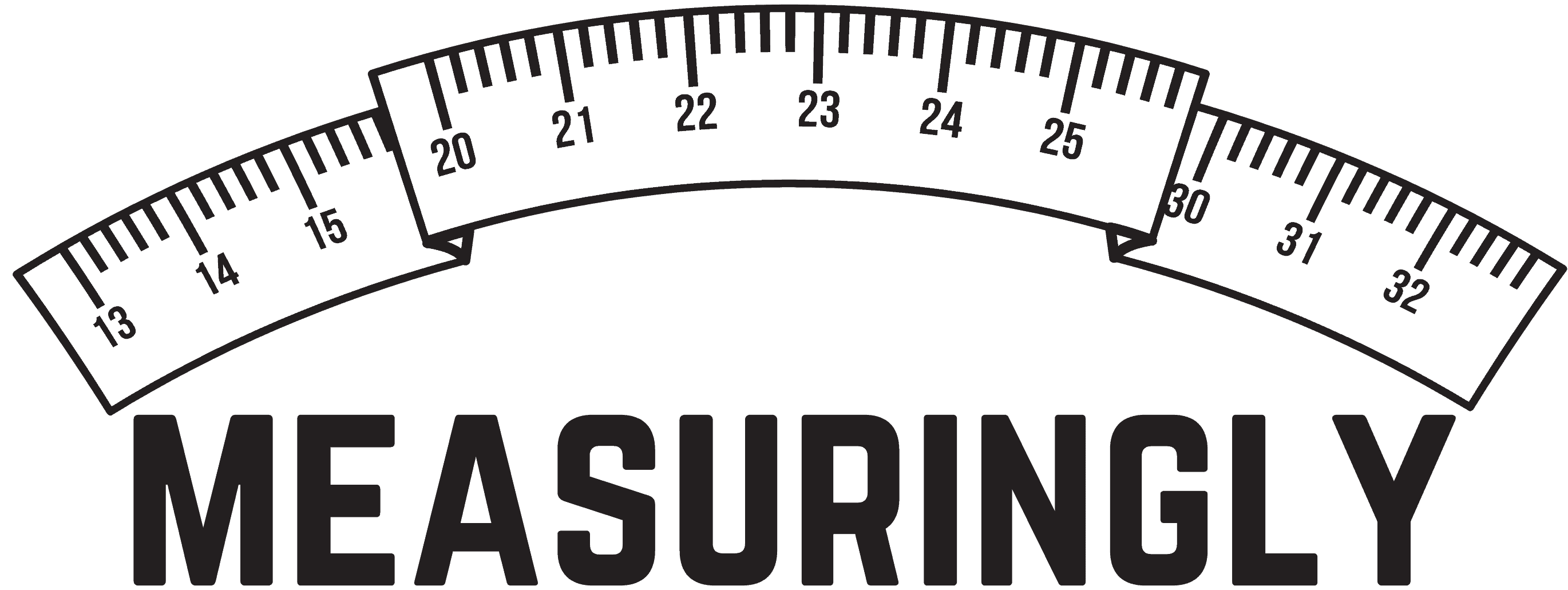Understanding the average weight of a 13-year-old can provide valuable insights into the growth and development of adolescents. As a parent or caregiver, knowing this information can help you monitor your child’s well-being and ensure they’re on track with their peers.
At 13, there is a notable difference in the average weight between boys and girls. According to Healthly.io, the average weight for 13-year-old teenage boys is 45.8 kg, while the average weight for 13-year-old teenage girls is 46 kg. Remember that these figures are averages, and individual weights can vary depending on genetics, nutrition, and physical activity levels.
It’s essential to remember that growth rates vary for each child, and comparing your teenager to these averages should only be a guide. Focusing on supporting your child’s overall health and well-being is important rather than fixating on specific numbers.
Read: How Much Does a Gallon of Milk Weigh: Guide for Curious Minds
At 13, there is a notable difference in the average weight between boys and girls. The average weight for 13-year-old teenage boys is 45.8 kg, while the average weight for 13-year-old teenage girls is 46 kg.
Measuringly.com
What is the Average Weight?
As a 13-year-old, you might be curious about the average weight in your age group. Various factors can influence this number, and it’s essential to understand how they might impact you personally. We’ll explore the average weights for both boys and girls and the factors that can affect these averages below.
Factors Affecting Average Weight
The average weight for a 13-year-old boy is between 75 and 145 pounds (34 to 65.7 kg), while the average weight for a 13-year-old girl is between 76 and 148 pounds (34.4 to 67 kg). Keep in mind these numbers can vary due to various factors, such as:
Genetics
Your genetic makeup plays a significant role in determining your weight. If your family members tend to be heavier or lighter, you might also inherit those traits. It’s crucial to remember that genetics are only one piece of the puzzle, and lifestyle factors can also significantly impact your weight.
Nutrition
Eating a balanced diet rich in whole foods can help ensure your body gets the necessary nutrients for healthy growth and development. Consuming excessive amounts of high-sugar, high-fat, and processed foods can lead to weight gain, which might skew the average weight for your age.
Activity Level
An active lifestyle can help maintain a healthy weight, as it helps to burn off excess calories and strengthen muscles. If you’re sedentary, you may be at risk of gaining weight, which could affect your weight compared to your peers.
Pubertal Timing
Your puberty stage can impact your weight as your body goes through significant growth and changes. For example, some 13-year-olds may have hit a growth spurt already, while others might still be waiting. This difference in development can contribute to variations in average weight within your age group.
To sum up, the average weight of a 13-year-old can vary depending on several factors like genetics, nutrition, activity level, and pubertal timing. It’s essential to consider these factors when comparing your own weight to the average, and always strive for a healthy balance in your diet and activity levels in order to maintain a healthy weight for your age group.
Importance of Growth Charts
Growth charts are essential tools for tracking the growth and development of children and adolescents. They provide valuable information to help parents and healthcare professionals understand how a child progresses. This section discusses two important aspects of growth charts: BMI for age and gender, and percentile ranking.
BMI for Age and Gender
Body Mass Index (BMI) is a measure used to determine if a person has a healthy weight for their height. It is calculated by dividing their weight in kilograms by the square of their height in meters. For 13-year-olds, it’s important to consider both age and gender when interpreting BMI values.
The Centers for Disease Control and Prevention (CDC) provides growth charts including BMI-for-age percentiles for both sexes. These charts help you and your healthcare provider identify if your 13-year-old child is underweight, has a healthy weight, is overweight, or is obese.
Percentile Ranking
Percentile rankings on growth charts indicate how a child’s growth compares to others of the same age and gender. For example, a 13-year-old boy with a 50th percentile weight would be at the average weight for his age and gender.
- Below the 5th percentile: Underweight
- Between the 5th and 85th percentile: Healthy weight
- Between the 85th and 95th percentile: Overweight
- Above the 95th percentile: Obese
The average weight for a 13-year-old boy is between 34 and 65 kg, while the average weight for a 13-year-old girl is between 34 and 67 kg. However, it’s crucial to remember that individual growth patterns may vary, so it’s best to consult with a healthcare professional for personalized advice.
Understanding the importance of growth charts and the concepts of BMI for age and gender, as well as percentile rankings, can help you better monitor your child’s growth and ensure they receive appropriate care and guidance.

Factors Influencing Weight
Several factors can influence the average weight of a 13-year-old, including genetics, nutrition, physical activity, and hormones. Let’s explore each of these factors in detail.
Genetics
Your genetic makeup plays a crucial role in determining your weight. Your parents’ heights and weights can provide an idea of the body size you may inherit. However, genetics alone is not the sole factor determining your weight; various aspects can lead to variations in weight, regardless of your genetic predispositions.
Nutrition
Your weight is greatly influenced by the food you consume. Eating a balanced diet full of nutrients, vitamins, and minerals is essential for maintaining a healthy weight.
Consuming excessive amounts of unhealthy foods, such as sugary, high-fat, or processed foods, can lead to weight gain. Pay attention to your daily calorie intake and the quality of the food you eat to maintain a healthy weight.
Physical Activity
Regular physical activity is essential for maintaining a healthy weight. Engaging in activities like sports, exercising, and even daily tasks like walking or gardening can help burn calories and promote good health.
The CDC recommends that children and teens engage in at least 60 minutes of physical activity every day. Keeping active helps to maintain a healthy weight and boosts muscle strength, coordination, and overall fitness levels.
Hormones
Hormonal changes that occur during adolescence can also impact your weight. For example, growth spurts can cause an increase in lean body mass, leading to weight gain.
On the other hand, hormonal imbalances, such as thyroid problems or insulin resistance, can also cause weight fluctuations. If you suspect that your hormones are affecting your weight, it is essential to consult with your doctor for proper diagnosis and treatment.
Healthy Weight Maintenance
Balanced Diet
To maintain a healthy weight, consuming a balanced diet is essential. A well-rounded diet should include:
- A variety of fruits and vegetables
- Whole grains
- Lean protein sources
- Dairy or dairy alternatives
Ensure that you get all the essential nutrients your body needs by incorporating a mix of food groups into your daily meals. Watch your portion sizes and avoid excessive saturated fats, sugars, and sodium consumption.
Regular Exercise
Physical activity plays a vital role in weight management. Aim to engage in moderate to vigorous exercise for at least one hour per day. This can include activities such as:
- Walking or jogging
- Swimming
- Biking
- Sports like basketball, soccer, or tennis
In addition to aerobic exercises, consider including strength training and flexibility exercises in your routine to improve overall fitness and support healthy weight maintenance.
Mental Health
Lastly, maintaining a healthy mental state is crucial for weight management. Practice self-compassion, and avoid negative self-talk related to your weight or appearance. Here are a few tips for nurturing your mental health:
- Seek social support from friends and family
- Participate in activities that bring you joy
- Incorporate stress management techniques, such as meditation or yoga
Balancing your physical, emotional, and mental well-being will help you maintain a healthy weight as a 13-year-old. Remember that the average weight for 13-year-old boys is 45.8 kg, and girls average at 46 kg.
Read: How Much Does a Bag of Mulch Weigh? Quick and Easy Guide
However, remember that individual circumstances may vary, and always consult with a healthcare professional for personalized advice.







